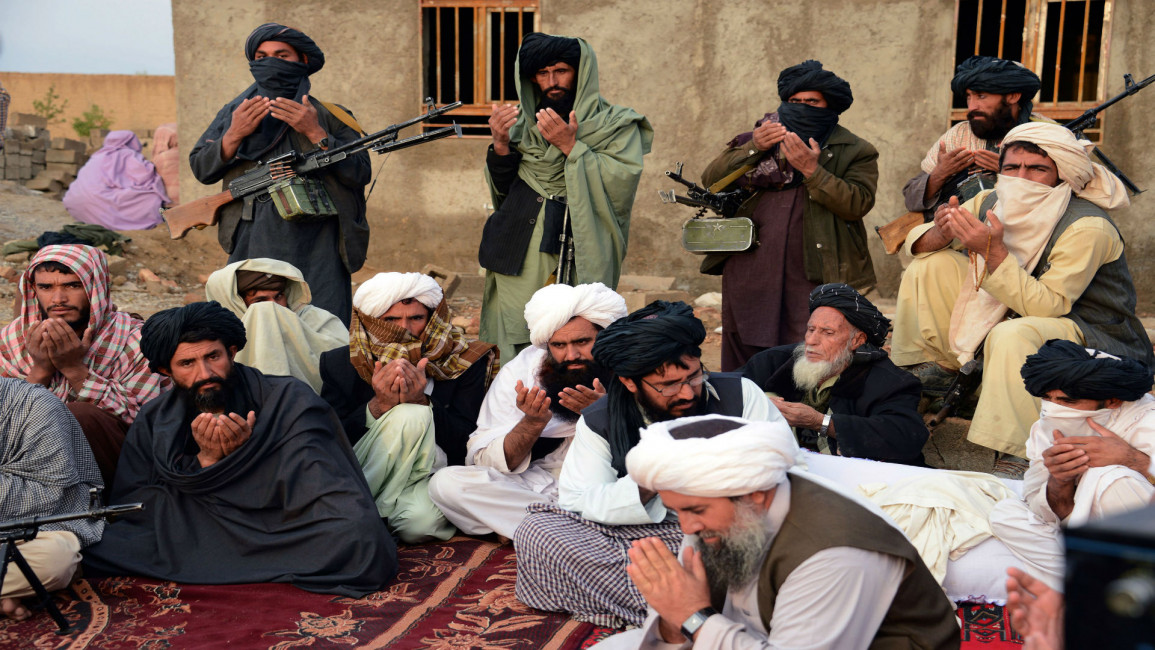Taliban leader injured in gunfight with rival
Mullah Akhtar Mansour was reportedly injured in an armed clash on Tuesday night during a Taliban meeting in the city of Quetta, southwest Pakistan, according to Afghan officials.
The Taliban leader was attending a meeting at the home of Abdallah Sardahi, another Taliban commander, when a shootout broke out - resulting in the death of Sardahi and five others, and the injury of the group's leader.
Afghan sources said that a fight erupted between Mansour and Sardahi, which ended in the shootout.
| He was rushed to hospital and we are not sure if he survived his wounds - Sultan Faizi |
Sultan Faizi, a spokesman for the Afghan first vice-president, said the Taliban leader was there to meet with other top Taliban commanders when a verbal altercation turned into a gunfight, leaving Mansour injured and six others dead.
"Mansour was seriously injured," said Faizi. "He was rushed to hospital and we are not sure if he survived his wounds."
A Taliban splinter group headed by Mullah Mohammad Rasoul claimed that Mullah Akhtar Mansour had been killed after sustaining severe injuries in the clashes. No confirmation has been available.
Zabiullah Mujahid, a Taliban spokesman, denied reports of an internal clash and said the Taliban leader was in Afghanistan and the movement was ready to prove so.
Local media with sources within the group have asserted however that the meeting and clash did indeed take place and Mullah Akhtar Mansour was injured as reported.
Mansour rose to the helm of the Taliban in July after the movement announced the death of its leader, Mullah Omar.
The movement has seen intense infighting ever since with Mansour and Rasoul each claiming to be the legitimate leaders of the group.



